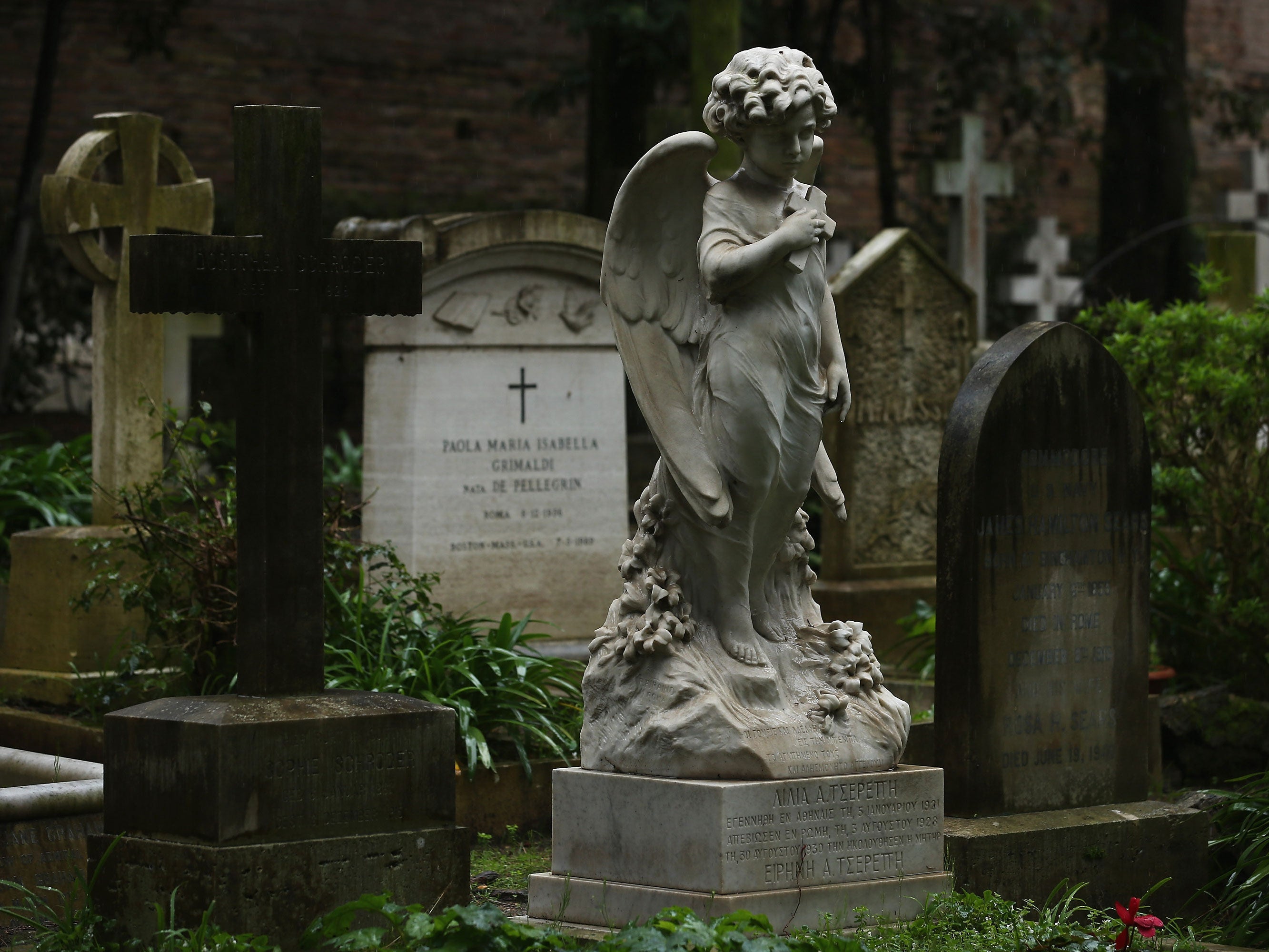Inheritance tax is unfair and inefficient. It's time for an overhaul of the rules
A more progressive system would tax people on the value of the gifts and inheritances they receive from their family over a lifetime

The controversy over David Cameron’s financial affairs has shone a light on the way we tax inherited wealth. It was no accident that his stockbroker father left him £300,000 in his will; the amount was just below the £325,000 threshold for inheritance tax. Mr Cameron’s mother, in giving him two gifts of £100,000 in 2011, would have been aware that such donations are not subject to inheritance tax if the donor lives for seven years after making them.
Dislike of “double taxation”, rising house prices, and people’s desire to pass on their assets to their children make inheritance tax a hot political issue. A surprise 2007 pledge by George Osborne to raise the threshold to £1m helped stop Gordon Brown calling a general election that Labour might well have won.
The Liberal Democrats blocked the Osborne pledge during the Coalition, but it was revived in last summer’s Conservative-only Budget. The Chancellor promised to “take the family home out of inheritance tax for all but the richest." The threshold will, in effect, be £1m by 2020-21.
Yet the tax is not as wide in scope as it appears. It affects only about 5 per cent of estates, although that would increase if house price rises continue. In the current financial year, the tax is forecast to raise £4.5bn from 45,000 estates.
But if we were starting from here, we would surely not invent inheritance tax as it is today. The simplest way to avoid it is to pass on assets well before death – much easier for the very wealthy than for people whose main asset is their home. The scope to reduce the tax should be reduced. It might be more logical to tax people progressively on the value of gifts and inheritances during their lifetime.
The current inheritance tax regime is neither fair nor efficient. It entrenches wealth rather than increases social mobility, without raising as much as for public services as it could. It is ripe for further reform.
Join our commenting forum
Join thought-provoking conversations, follow other Independent readers and see their replies
Comments
Bookmark popover
Removed from bookmarks